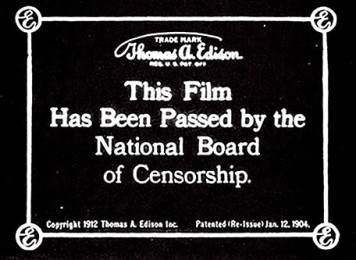 Big Content has pressured the Chilling Effects DMCA archive to censor itself, just as the world is starting to see those who stand up to censorship as heros.
Big Content has pressured the Chilling Effects DMCA archive to censor itself, just as the world is starting to see those who stand up to censorship as heros.
The organisation decided to wipe its presence from all popular search engines to prevent it being sued by copyright holders.
Chilling Effects was an archive of all sites which had been shut down with a DMCA court order. For years it was quietly showing how free speech was being threatened by take-down orders.
Google now processes more than a million takedown requests from copyright holders, and that’s for its search engine alone.
Google partners with Chilling Effects to post redacted copies of all notices online seeing it as one of the few tools that helps to keep copyright holders accountable. It shows inaccurate takedown notices and other dirty deeds by the content industry.
Founded by Harvard’s Berkman Center, it offers an invaluable database for researchers and the public in general.
Chilling Effects removed its entire domain from all search engines, including its homepage and other informational and educational resources and it looked like Big Content is behind it.
Its pages contain hundreds of millions of non-linked URLs to infringing material. Copyright holders are not happy with these pages. Copyright Alliance CEO Sandra Aistars described the activities of the Chilling Effects projects as “repugnant”.
Berkman Center project coordinator Adam Holland told TorrentFreak, Chilling Effects has now decided to hide its content from search engines, making it harder to find.
The self censorship may sound strange coming from an organisation that was founded to offer more transparency, but the Chilling Effects team believes that it strikes the right balance, for now.
“It may or may not prove to be permanent, but for now it’s the step that makes the most sense as we continue to think things through,” he added.
The notices themselves remain online, but with just the site’s own search it’s harder to find cases of abuse. The copyright holders on the other hand will be happy.






